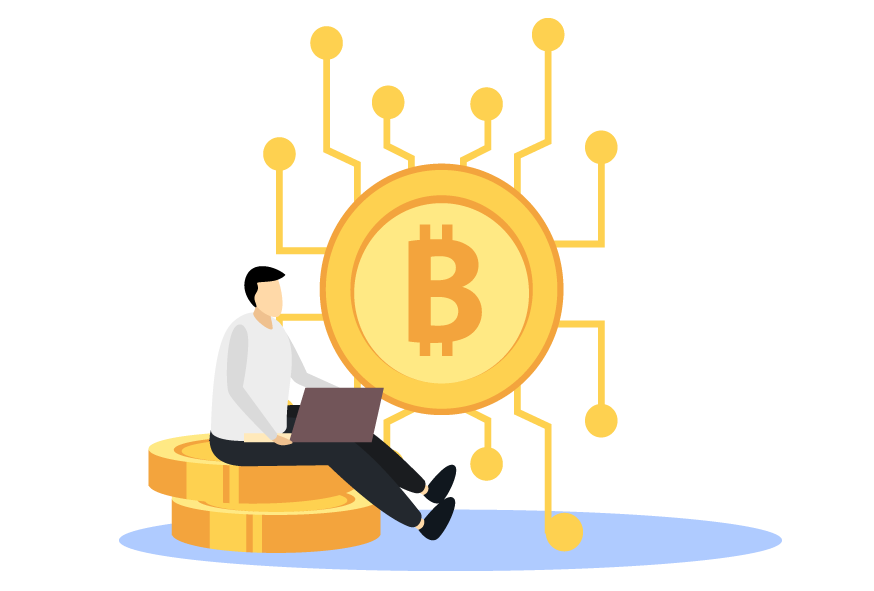
You’ve likely seen the headlines before – Bitcoin stolen! It has happened to high profile Bitcoin owners. It has happened to average individuals who were just interested in using Bitcoin as an alternative to traditional currency. In fact, it is estimated that more than 1 million Bitcoins have been stolen from exchanges and traders on a worldwide basis over the past several years, and much of that is due to the fact that hackers work to target this currency more than any other. The thefts certainly won’t stop there, though. Instead, hackers and thieves are likely to continue to work because it’s a bit harder to deal with a theft of Bitcoin than it is with theft of fiat currency. Any time Bitcoin is stolen, it’s a frustration for the entire Bitcoin network. The last thing this cryptocurrency needs is bad press, and it really wants people to trust the cryptocurrency in a way that most people just don’t. That makes theft a frustrating problem. If you do have Bitcoin stolen, is there anything you can do to recover it? The answer might surprise you.
Act Immediately

It is possible to recover stolen Bitcoin, but there are some things you have to do to make it happen. If you’ve had your Bitcoin stolen, the very first thing you’ll want to do is act immediately. Know how to report stolen Bitcoins because If you do have your Bitcoins taken, it’s essential. If you know how to report stolen Bitcoins, you’re going to have a much better chance at catching the thieves involved. The faster you act the better. If the funds are on an exchange, contact them to freeze your assets. That will help buy you a bit of time. You may need a court order to make that happen, though. You’ll also need to name the thief. There are legal remedies, but for them to work, you have to know who they are. In most cases, you can follow the money to help find the name you need. Fortunately, you’re likely to see exactly where your coins have gone, and that will lead you to the thief. Many countries offer legal remedies, as Bitcoin is now widely recognised as property, but you’re going to have to do the legwork to make it happen, and that’s only really possible if you do it immediately after the Bitcoin has been stolen from you.
Check Your Devices

Whether you know your thief or not, the best way to handle the situation after your Bitcoin has been stolen is to check your devices for potential malware. It’s possible that the thief was able to access your Bitcoin because you had malware installed. Be sure you have it uninstalled immediately to stop the problem. You may also want to contact your offline bank, change your financial passwords, and start freezing other kinds of accounts.
Report the Theft

You’ll want to use one of the many Bitcoin theft reporting sites out there to stop the movement of money, too. While you may not be able to recover your Bitcoin, it is possible to stop the thief from stealing from other people, an absolute must in this situation. You can report them on those sites and relevant exchanges, too, so that the thief can’t move forward. There are explorer software programs available that help you follow the money repeatedly to help chase the thief.
Take Drastic Measures

You may need to hire some help to get your Bitcoin back. There are some legal remedies you can take, depending on the country in which you reside, but you can also hire a Bitcoin bounty hunter. You just post a bounty on some of the websites where it’s available to do so, and experienced blockchain researchers will see if they can recover those funds for you. Be careful here, though, as Bitcoin scams abound for those looking for already lost Bitcoin. The last thing you want is to have more money stolen.
Protect Your Bitcoin

You can’t always recover stolen Bitcoin, but what you can do is protect yourself to ensure that this doesn’t happen to you again. That protection starts when you don’t discuss your virtual currency. Don’t talk about it on a public forum. Don’t talk about it on social media. Don’t advertise the fact that you have any of it at all.
Beyond not discussing Bitcoin, you’ll also want to consider using multi-factor authentication at every turn. Make certain that you use an authentication app, not the SMS option, as it’s going to be far safer and help prevent problems down the line.
Changing your email address and its password can help, too. In fact, you may want to dedicate one email address for all of your cryptocurrency needs. You’ll want to set the account with an incredibly complex password, and make sure you write it down somewhere so that the recovery options for that password are fairly complex.
Keeping most of your assets in a cold wallet is also a good way to avoid having your Bitcoin stolen. Cold wallets store your Bitcoin completely offline, so while they’re not completely safe, they’re far tougher to steal. There are several options available, and while they can be costly and it can make your Bitcoins a bit harder to move from place to place, they will also help keep you and your Bitcoin safe.
Using multiple exchanges is another way to protect your Bitcoin. Exchanges are subject to breaches, and the last thing you want is to have all of your Bitcoin in one place, making it super easy to steal. If you spread your investment across exchanges, you’ll help to minimise any problems you face.
More than that, though, be sure you keep your computer updated. You want to avoid any problems with malware and viruses, and if you’re using a machine that’s loaded with malware or that has known security issues to access your Bitcoin, you’re already creating problems for yourself. You’re opening yourself up to potential hackers and thieves who are more than willing to steal your Bitcoin. Be safe. Use what you know. Don’t click on links or download anything with which you’re unfamiliar. Don’t use public WiFi connections to conduct Bitcoin transactions. Consider using a password generator for anything associated with Bitcoin because it will give you a tough password to crack, and keep track of those passwords! Use updated anti-virus and anti-malware software. Don’t click on phishing emails or fall for scams that are just too good to be true.
Scammers these days are absolutely everywhere, even in the world of Bitcoin. Don’t become their next victim.